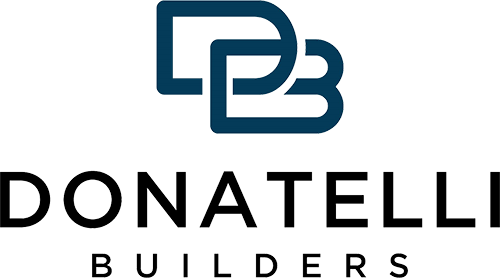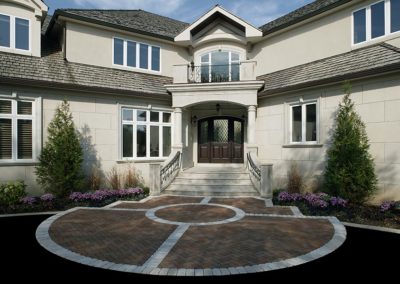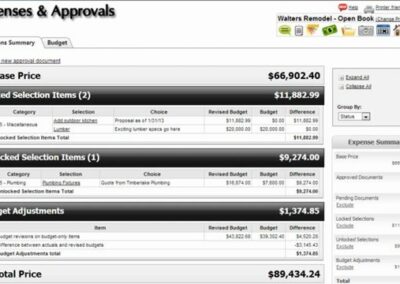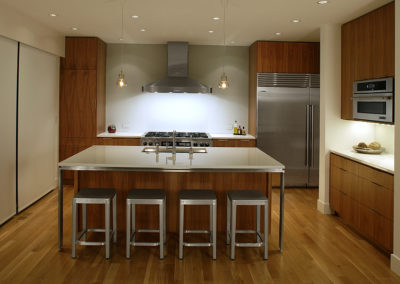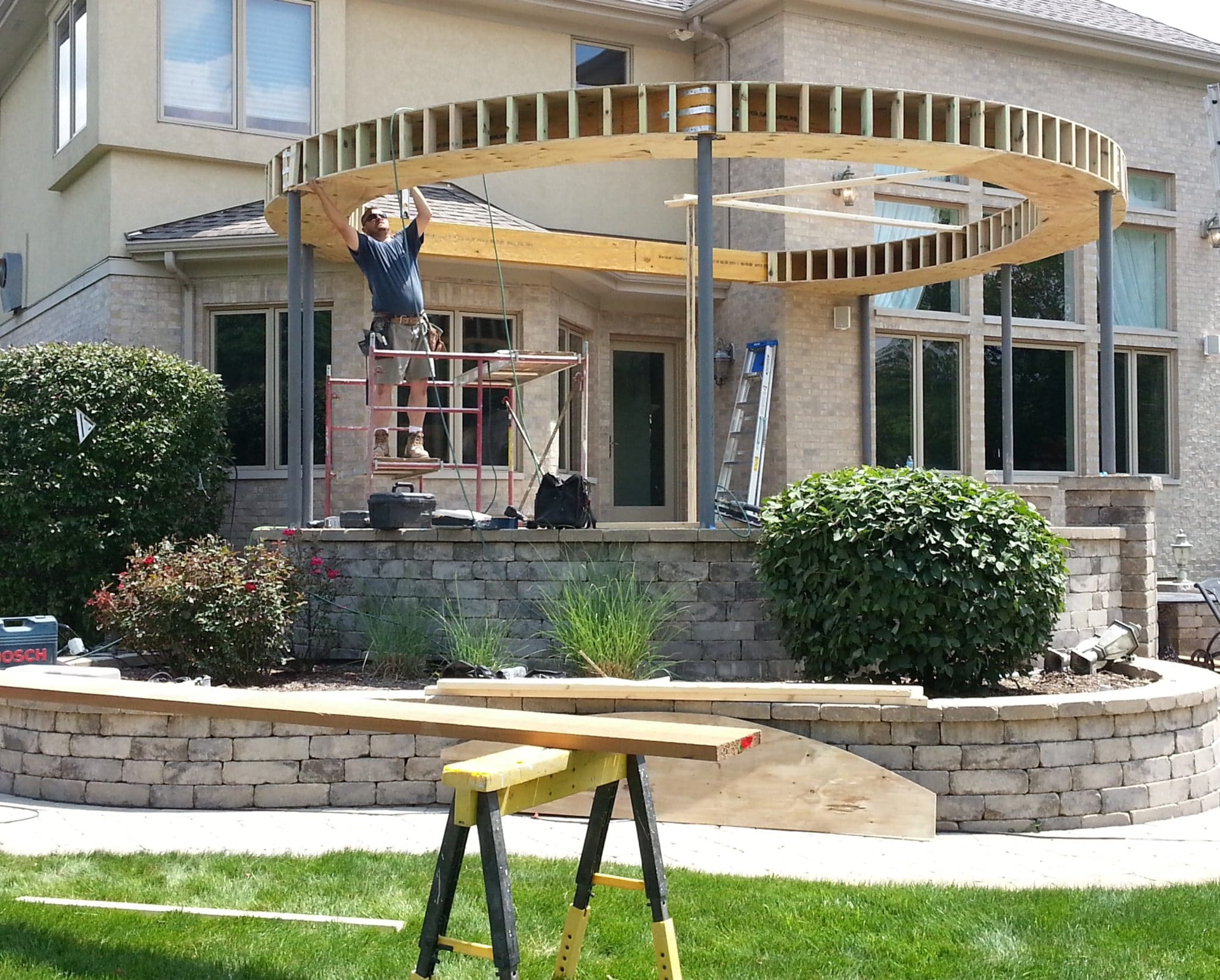
First of all, you should never feel like you’re being rushed through the process. If you feel like you’d be a good fit after reviewing the general contractor’s Web site, gallery, blog posts and testimonials, it’s time to give him a call. You want to be reassured that he and his team are capable of handling not only the scope of the project, but also be a hawk when it comes to finances, details and problem-solving.
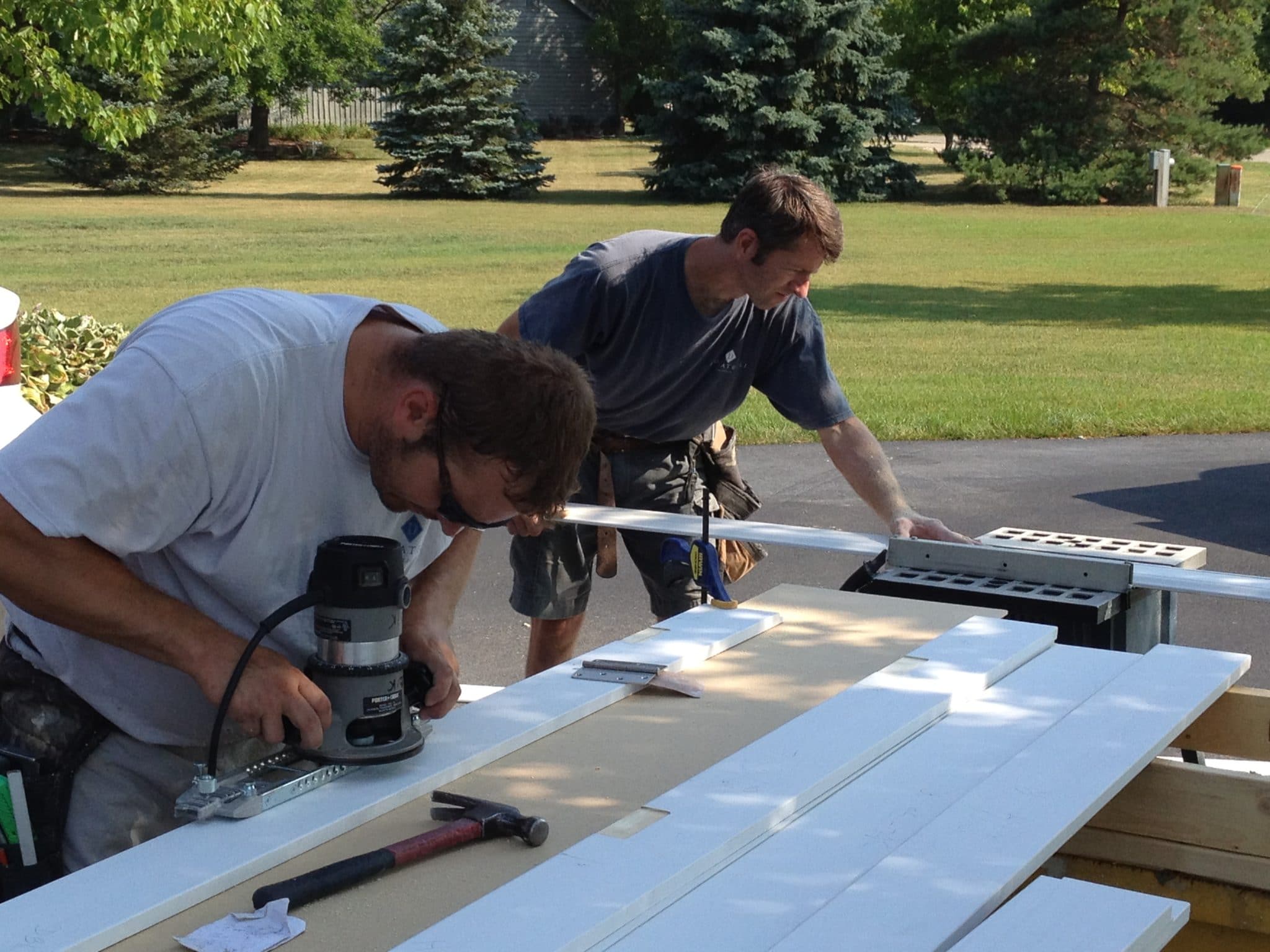
15 Interview Questions to Ask a General Contractor
1. Are you licensed?
The answer should always be yes, and it’s perfectly OK for you to ask for a copy of their license. Ensure that it is current (not expired). If a general contractor didn’t bother to get licensed in the state in which he does business, stop the conversation right there. It shows he’s not committed to his business and is the type of person who does jobs “on the side.”
2. Do you have insurance (general liability coverage) and workers compensation insurance?
Again, the answer to both of these better be a yes. General liability insurance protects your home and property in the event of a disaster. Workers compensation protects you from liability if the carpenters get injured while working on your property. By the way, all of the sub-contractors working on our project should carry general liability and workers compensation insurance policies, too!
You can also be specific and ask for proof of insurance, the type of insurance the general contractor has and how much coverage they have (a $500,000 policy — minimum — is a good start). What happens if the firm has started construction on your new home but then it gets destroyed by a tornado? You want to be sure the GC’s general liability insurance will cover the cost to re-build.
3. Have you ever operated under a different name, declared bankruptcy, been sued or sued anyone before? Explain.
Remember that you can look up court records. Ask the GC to detail any legal issues they’ve had before and explain how they were resolved.
4. How long have you been in business? Did you begin your career as a carpenter or in another field?
You can glean a lot from this question alone. Some GCs have full-time jobs in completely different fields and attempt to handle the business side of home remodeling with no understanding of quality craftsmanship or an appreciation of carpentry. They get by with hiring
subs to run the jobs while they “check in” once in a while. Don’t proceed further with these types of people. I would also caution you to stay away from people who started recently. No general contractor should attempt to run a residential construction firm unless they have 15+ years of experience in the field, preferably with a background in carpentry.
5. How is your work guaranteed? What home warranty do you provide and at what time does it expire?
The general contractor should provide you with the firm’s warranty in writing; don’t accept any verbal agreements. The warranty list should be clear and detailed. Some GCs will visit your home within six months after the project is completed, and then again at one year (this is acceptable), and fix anything that went wrong due to their work or faulty products installed. The best general contractors will also return after two years and fulfill any warranty obligation items at that time.
6. Do you provide customers with written lien waivers?
Once the job is completed, you should receive a legal document from your contractor stating that you have paid him in full, and that he waives his right to place a mechanics lien on your property (this should include lien releases from sub-contractors, too).
7. How is your billing cycle set up? How often do you invoice customers during the
project?
It’s common practice for a GC to ask for a down payment to begin work on your project (usually in the ballpark of 25 percent of the project’s estimated value). Reliable contractors should also have enough working capital to use in the event they have to make product purchases quickly on your behalf (a working capital of $50,000 is acceptable). When interviewing their sub-contractors and vendors (point number nine below), ask them how timely and consistent the general contractor is with bill-pay! If he is lagging in bill-pay, don’t hire him. This is a tell-tale sign that he’s not a good business manager.
8. Do you handle the permitting process and inspections from the village or do we
have to coordinate that?
Your general contractor should handle this. Period. You are not responsible for pulling permits or dealing with the town’s building inspector.
9. Do you have a list of client references? Do you also have a list of subcontractors, vendors (material suppliers) and architects and designers that have partnered with you that I can call?
Past clients are the most appropriate people to talk to because they’ve already experienced what you are potentially about to undertake with this GC. Ask them very candid and specific questions. Ask about the quality of work, budget, timeliness, cleanliness, safety, level of professionalism and if their goals and expectations were met.
Also check businesses that partner with the GC! Make sure the contractor is in excellent standing with all of the subs they hire and vendors from which they purchase materials. In addition, any custom home renovation requires collaboration with architects, interior designers and kitchen designers. Ask to talk to those professionals as well to see how well the team’s synergy worked throughout the project.
10. Have you done a project comparable to mine? What were the biggest challenges?
Here’s why the answer to number four is important. Experience and expertise really count in this field! No two custom projects are ever the same. What matters is whether or not the GC can handle complex issues, and if he has the competence to successfully complete your project or not. Ask about a specific concern you have and assess whether the GC’s response reassured you or caused further anxiety.
11. Who is on-site managing my project on a daily basis, and who is ultimately responsible for my job? Will anyone take a vacation while my project is ongoing?
Your contractor is ultimately responsible for any work done within your home. He or one of his full-time employees (lead carpenter, for example) need to be managing the project on a daily basis. Accept nothing less than that. A short vacation is fine, but taking anything more than a couple of days off is a red flag.
12. How do you communicate with your customers? How often and by what method?
I wrote an entire blog about this topic alone because great communication is essential to success. Take a moment to read it: Communications Blog
13. Describe a typical work day and how you maintain a clean and safe job site?
Ask about everything from arrival and departure times to the specific steps they take to ensure cleanliness, safety and security in your home during a remodel. Also ask about how they protect your home during a renovation. Check out this blog for more details.
14. How many projects do you have going on right now?
You want to be sure your GC is attentive/responsive to you and doesn’t put your project on the back-burner. The number of projects he can run simultaneously depends on how effective his firm is and how they’ve met deadlines previously.
15. How do you stay current and on top of trends?
New and better products are constantly being developed in home building. Your contractor needs to actively stay on top of product introductions, service innovations and industry trends by doing several of the following on a regular basis: attending conferences, taking continuing education classes, reading trade magazines, subscribing to industry newsletters, meeting with sales reps and networking with industry professionals.
Keep in mind these questions are just a starting point for discussion. Don’t be shy. Continue to ask specific in-depth questions about the GC’s services and processes.
